The Biogeochemistry Research Infrastructure Platform (BIOGRIP) was established in 2019 in terms of the South African Research Infrastructure Roadmap, a high-level research strategy of the national government Department of Science and Innovation.
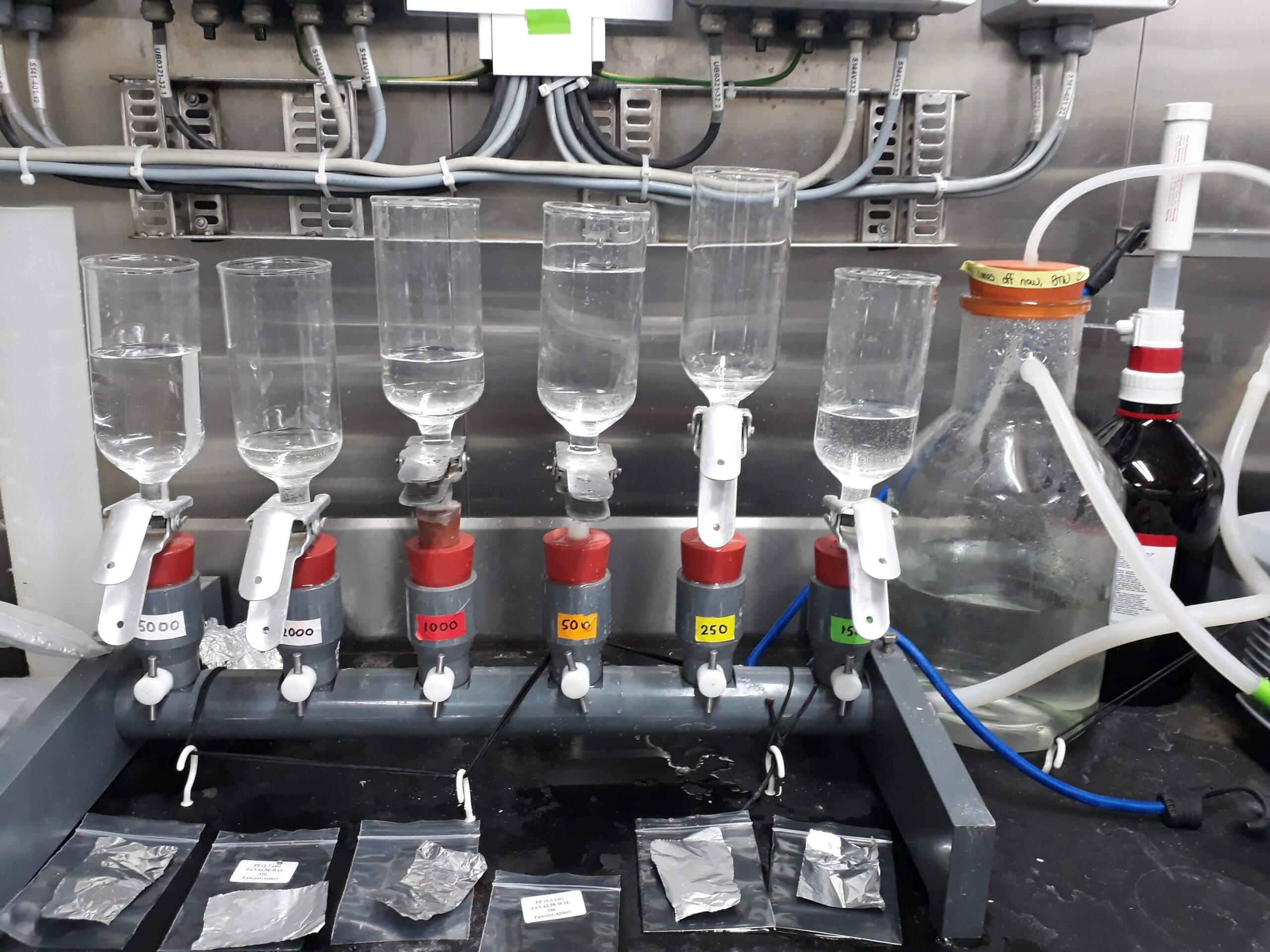
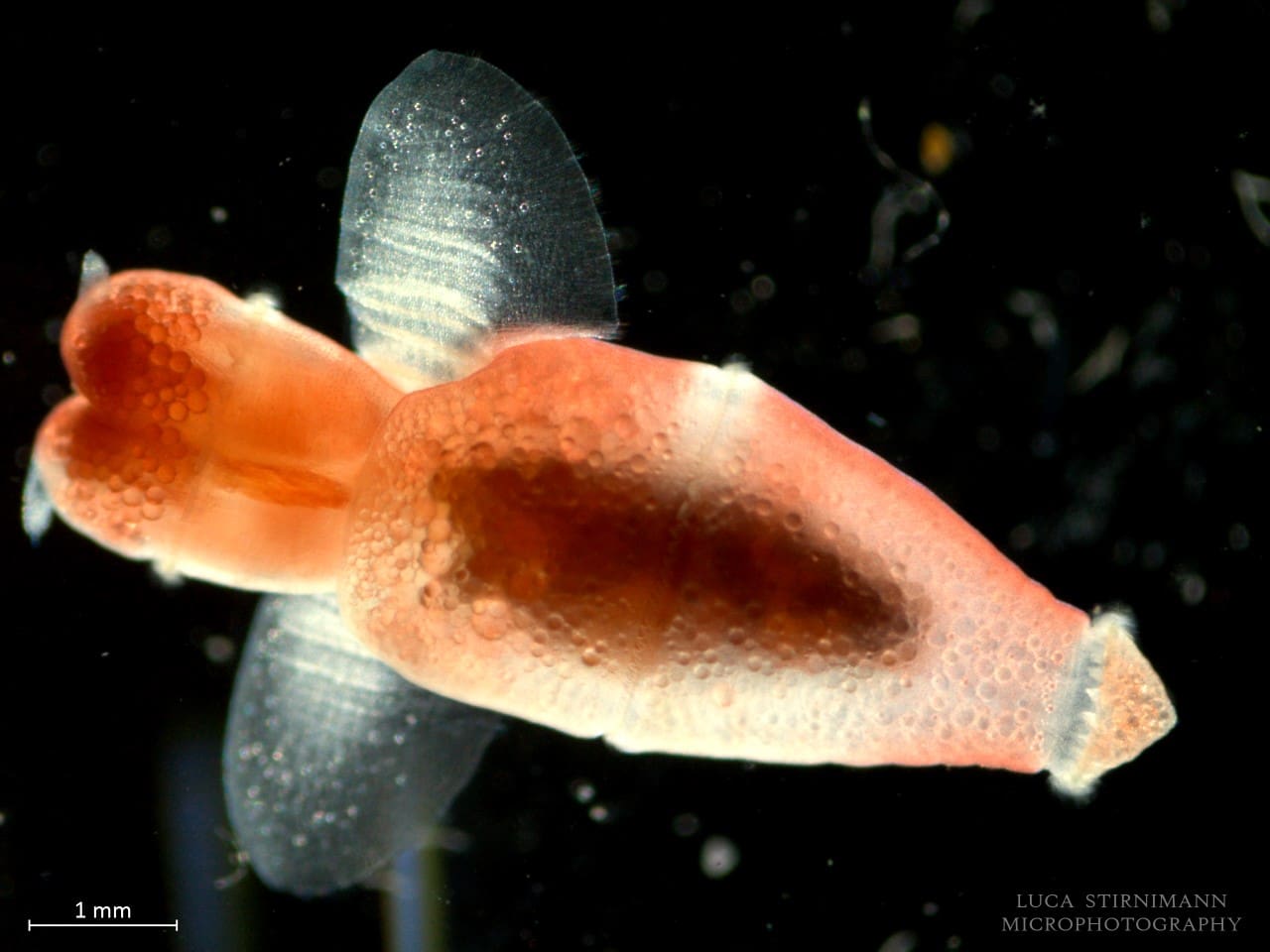
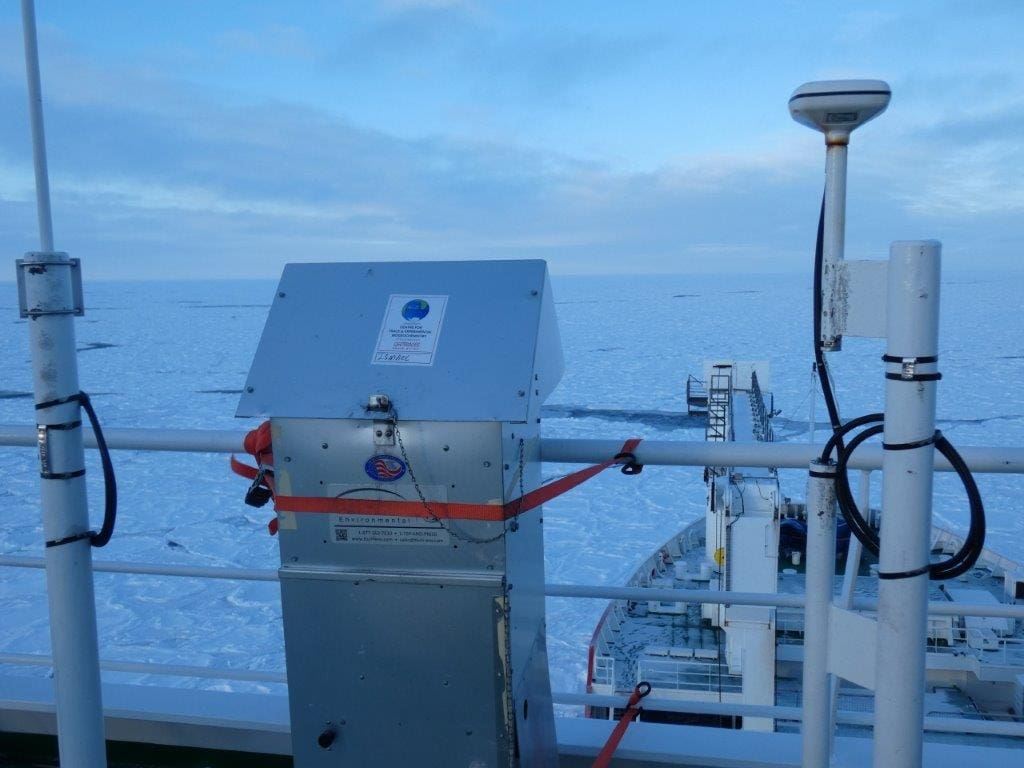 BIOGRIP comprises four research ‘nodes’ based at the Universities of Cape Town (focusing on isotope biogeochemistry), Stellenbosch (water and soil biogeochemistry), Free State (mineral biogeochemistry) and North-West University (atmospheric biogeochemistry), with the administrative ‘hub’ located at UCT. The Director will be based at UCT and will report directly to the DVC Research. The Director will (1) provide strong leadership and scientific guidance to the BIOGRIP platform as a whole, ensuring that it delivers on its mandate (2) liaise with stakeholders, the management steering committee and scientific and technical advisory committees (3) hold overall financial responsibility for BIOGRIP and (4) contribute to the research output of BIOGRIP.
BIOGRIP comprises four research ‘nodes’ based at the Universities of Cape Town (focusing on isotope biogeochemistry), Stellenbosch (water and soil biogeochemistry), Free State (mineral biogeochemistry) and North-West University (atmospheric biogeochemistry), with the administrative ‘hub’ located at UCT. The Director will be based at UCT and will report directly to the DVC Research. The Director will (1) provide strong leadership and scientific guidance to the BIOGRIP platform as a whole, ensuring that it delivers on its mandate (2) liaise with stakeholders, the management steering committee and scientific and technical advisory committees (3) hold overall financial responsibility for BIOGRIP and (4) contribute to the research output of BIOGRIP.

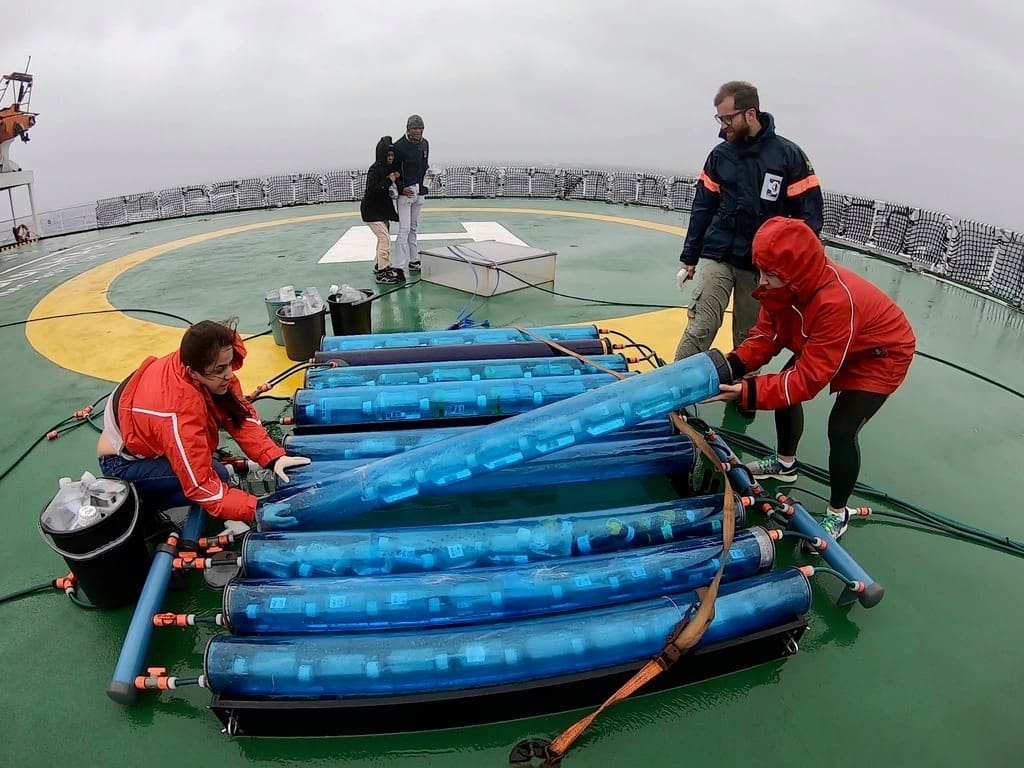
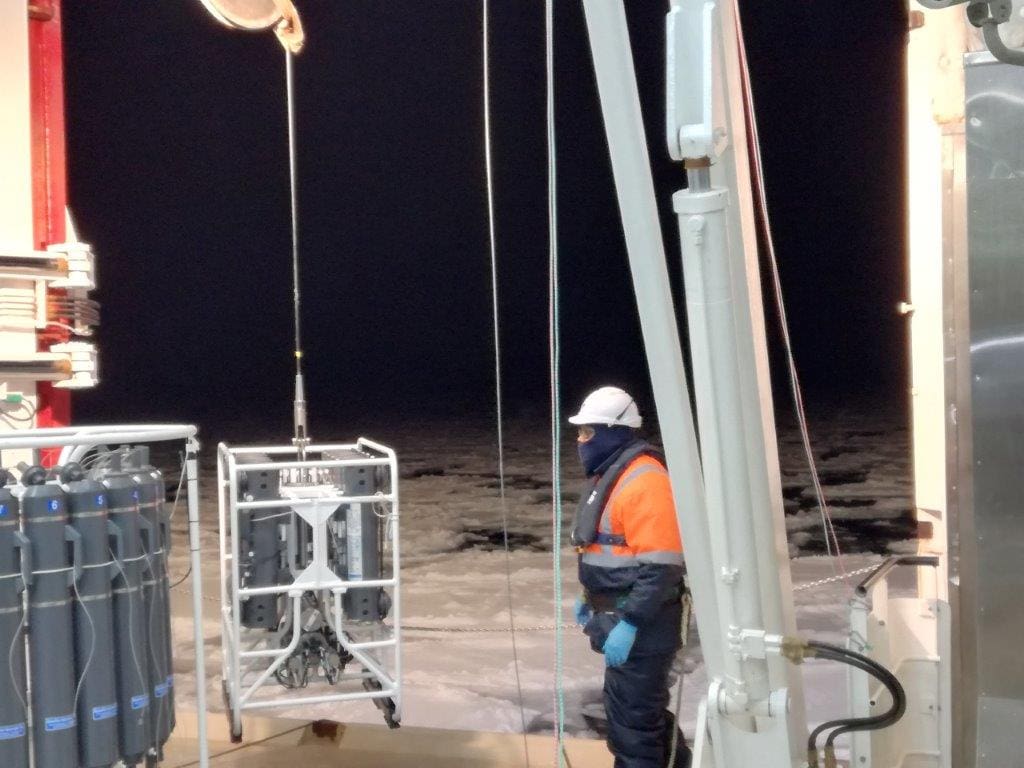 “Biogeochemistry” is the study of how biological, geological, chemical, and physical processes interact to shape natural environments over time and space. It covers a range of interdisciplinary research foci, from the origin and diversification of life, to how anthropogenic drivers alter modern environments, to the response of natural systems to environmental change. Biogeochemistry was identified by the 2016 South African Research Infrastructure Roadmap (SARIR) document as an emerging interdisciplinary field of strategic importance. SARIR recommends that the central objective of biogeochemical research in South Africa should be to gain “further insight into the interactions of human activity and the environment over the past several hundred millennia and to determine how the environmental impact of anthropogenic activity has contributed to the change in Earth system dynamics (chemical, physical and biological). This includes the search for an understanding of the behavior of well characterized and emerging pollutants and their current impact on the environment”. There are a number of strong research groups in South Africa already investigating various aspects of this broad research objective, but their efforts to-date have been isolated and/or fragmented. Moreover, biogeochemistry requires high precision data and measurements of a vast range of inorganic and organic chemical components, including isotope ratios and trace elements, some of which cannot currently be made in South Africa and many of which cannot be run at the volume and quality required. The investment in BIOGRIP will provide the platform to drive biogeochemical knowledge creation through investment in (1) technical capacity, training and scientific leadership in biogeochemical research, (2) world-class analytical facilities, and (3) improved monitoring of biogeochemical environmental variables through the generation and compilation of statistically meaningful datasets.
“Biogeochemistry” is the study of how biological, geological, chemical, and physical processes interact to shape natural environments over time and space. It covers a range of interdisciplinary research foci, from the origin and diversification of life, to how anthropogenic drivers alter modern environments, to the response of natural systems to environmental change. Biogeochemistry was identified by the 2016 South African Research Infrastructure Roadmap (SARIR) document as an emerging interdisciplinary field of strategic importance. SARIR recommends that the central objective of biogeochemical research in South Africa should be to gain “further insight into the interactions of human activity and the environment over the past several hundred millennia and to determine how the environmental impact of anthropogenic activity has contributed to the change in Earth system dynamics (chemical, physical and biological). This includes the search for an understanding of the behavior of well characterized and emerging pollutants and their current impact on the environment”. There are a number of strong research groups in South Africa already investigating various aspects of this broad research objective, but their efforts to-date have been isolated and/or fragmented. Moreover, biogeochemistry requires high precision data and measurements of a vast range of inorganic and organic chemical components, including isotope ratios and trace elements, some of which cannot currently be made in South Africa and many of which cannot be run at the volume and quality required. The investment in BIOGRIP will provide the platform to drive biogeochemical knowledge creation through investment in (1) technical capacity, training and scientific leadership in biogeochemical research, (2) world-class analytical facilities, and (3) improved monitoring of biogeochemical environmental variables through the generation and compilation of statistically meaningful datasets.


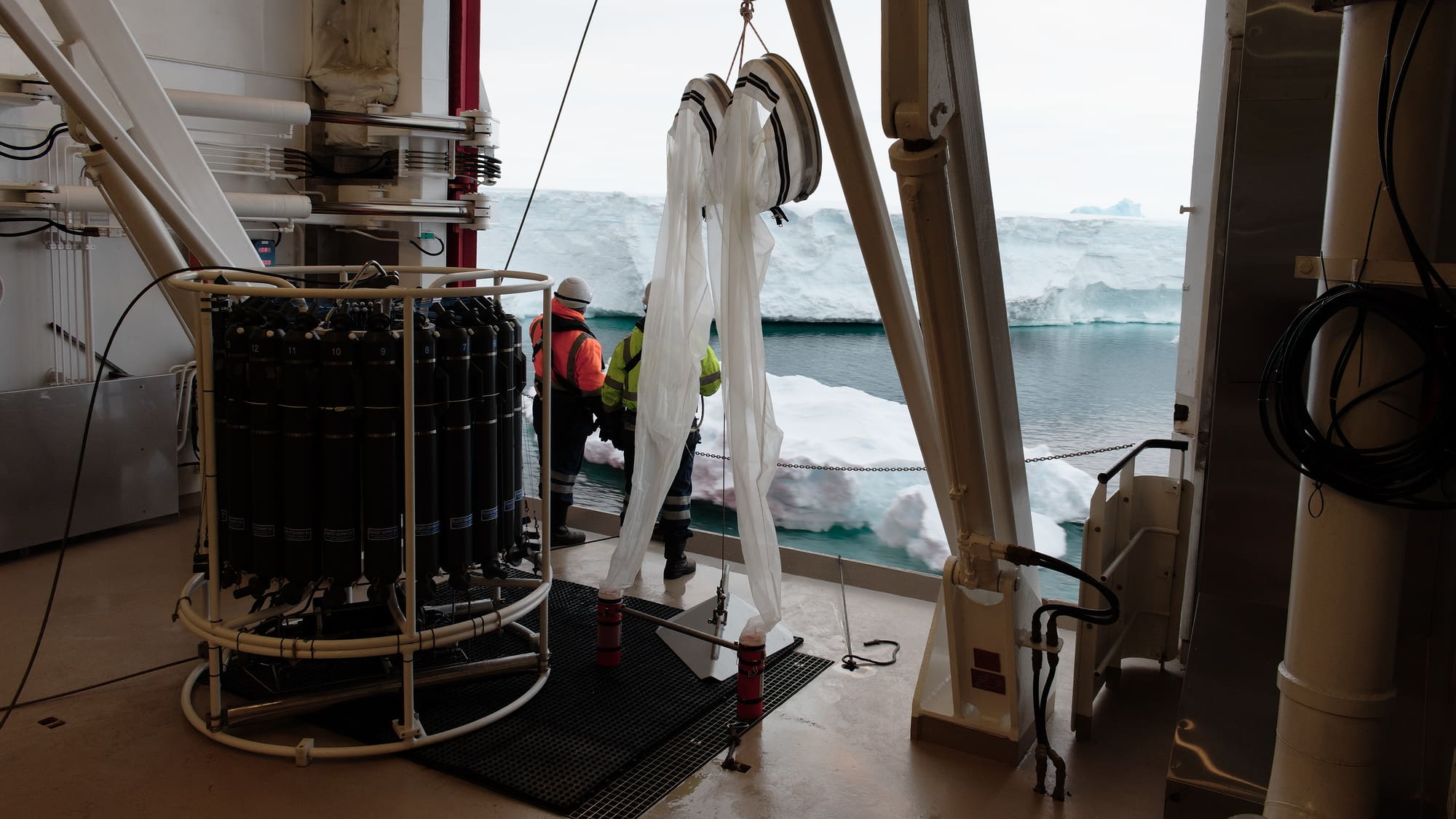 BIOGRIP will provide significant opportunities to advance South Africa’s research infrastructure and technical capacity in the field of biogeochemistry, while also facilitating a high level of scientific impact on a range of temporal and spatial scales. BIOGRIP will extend the practical research questions that address specific South African problems to include those that are purely curiosity-driven, creative, and/or risky, while also deepening the extent to which ongoing research themes can be probed. An additional impact of developing analytical capacity in-country is the potential for creative methods development, particularly South African-specific applications (e.g., for research questions relevant to the Cape floristic kingdom, hominin evolution, water availability and quality, Antarctic ecosystems, etc.). This will allow the South African research community to push the frontiers of knowledge in a variety of fields where biogeochemical techniques have yet to be applied (or have yet to be applied at the resolution offered by BIOGRIP).
BIOGRIP will provide significant opportunities to advance South Africa’s research infrastructure and technical capacity in the field of biogeochemistry, while also facilitating a high level of scientific impact on a range of temporal and spatial scales. BIOGRIP will extend the practical research questions that address specific South African problems to include those that are purely curiosity-driven, creative, and/or risky, while also deepening the extent to which ongoing research themes can be probed. An additional impact of developing analytical capacity in-country is the potential for creative methods development, particularly South African-specific applications (e.g., for research questions relevant to the Cape floristic kingdom, hominin evolution, water availability and quality, Antarctic ecosystems, etc.). This will allow the South African research community to push the frontiers of knowledge in a variety of fields where biogeochemical techniques have yet to be applied (or have yet to be applied at the resolution offered by BIOGRIP).
Click here for advertisement. Closing date: 1st February 2021
Photo Credit: Sarah Fawcett, Alakendra Roychoudhury, Susanne Fietz
Cover Image: Ben van der Walt







